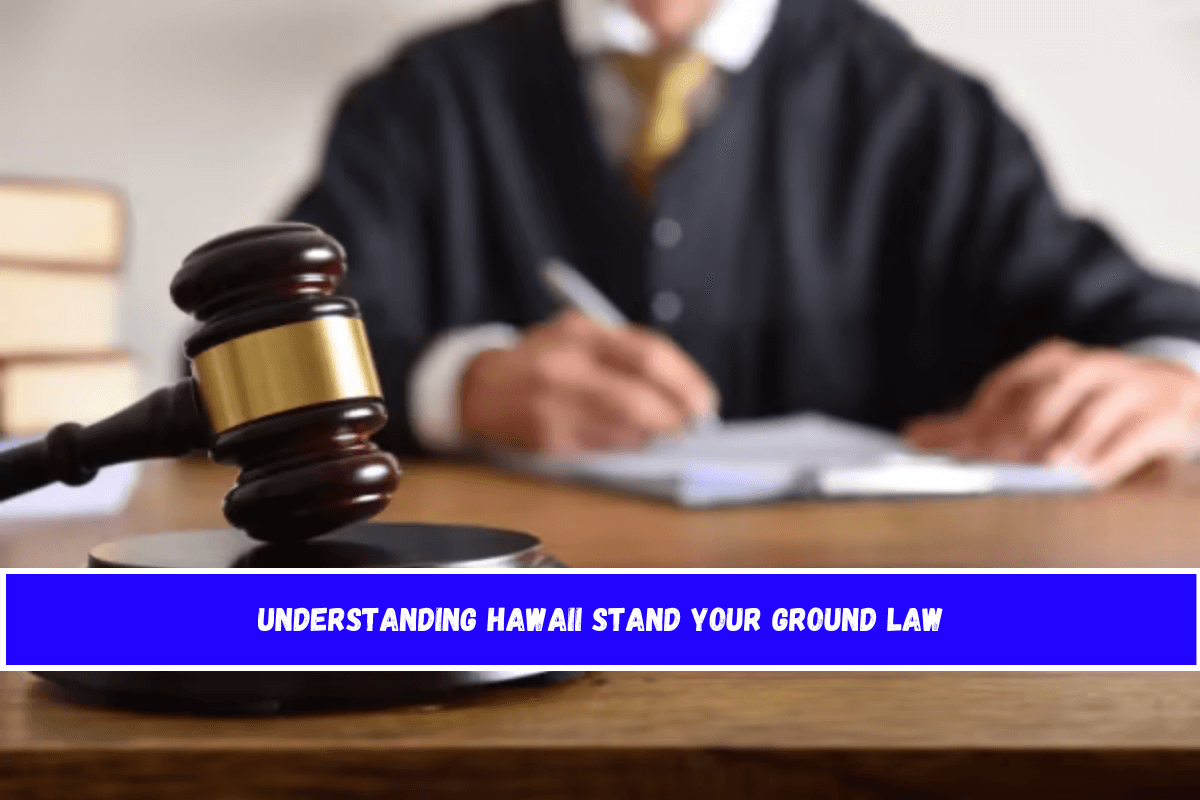Hawaii does not currently have a “Stand Your Ground” law, which distinguishes it from many other states that allow individuals to use deadly force without the obligation to retreat in the face of a threat. Here’s a detailed overview of the self-defense laws in Hawaii:
Current Legal Framework
- Duty to Retreat: Hawaii law explicitly imposes a duty to retreat before using deadly force outside of one’s home. This means that if a person can avoid a confrontation safely by stepping away, they are legally required to do so before resorting to lethal measures.
- Castle Doctrine: While Hawaii lacks a “Stand Your Ground” law, it does recognize the Castle Doctrine. This doctrine allows individuals to use deadly force without retreating if they are attacked in their own home. The law provides that there is no duty to retreat when defending oneself within one’s residence.
- Self-Defense Justification: Under Hawaii Revised Statutes, the use of force is justifiable when it is immediately necessary to protect oneself from unlawful force. However, this justification does not extend to situations where the individual could safely retreat.
Legislative Considerations
- Proposals for Change: Recent discussions among lawmakers have emerged regarding the need for “Stand Your Ground” legislation in response to rising violent crime rates in Hawaii. Some legislators have proposed bills aimed at enhancing self-defense rights, but these proposals have faced scrutiny and have not yet resulted in any changes to the existing law.
- Public Sentiment: The debate surrounding self-defense laws, including potential “Stand Your Ground” legislation, reflects broader societal concerns about safety and personal rights. Lawmakers acknowledge that there is significant public interest in reevaluating Hawaii’s self-defense laws as crime rates fluctuate.
Conclusion
In summary, Hawaii’s self-defense laws require individuals to retreat before using deadly force outside their homes, with exceptions provided under the Castle Doctrine for situations occurring within one’s residence. While there is ongoing discussion about potentially adopting “Stand Your Ground” laws, no such legislation has been enacted as of now. The legal landscape may evolve as lawmakers continue to address public safety concerns and consider changes to existing self-defense statutes.
- https://www.mrcolionnoir.com/lack-of-stand-your-ground-rights-under-scrutiny-in-hawaii/
- https://en.wikipedia.org/wiki/Stand-your-ground_law
- https://giffords.org/lawcenter/state-laws/stand-your-ground-in-hawaii/
- https://gun-safety.com/hawaii/hawaii-castle-doctrine/
- https://law.justia.com/codes/hawaii/title-37/chapter-703/section-703-304/











Leave a Reply